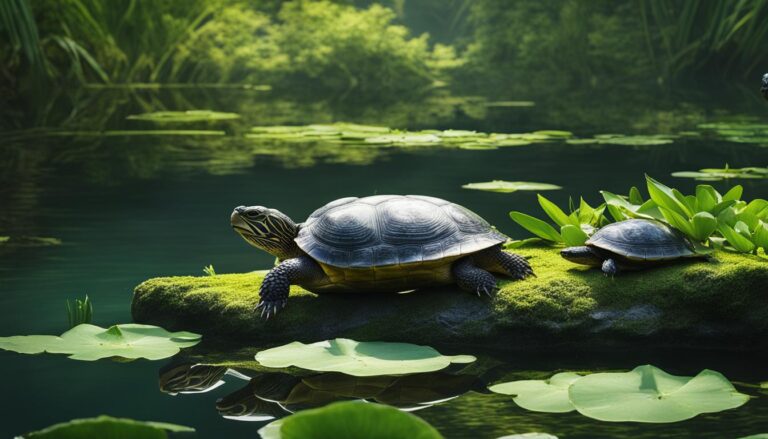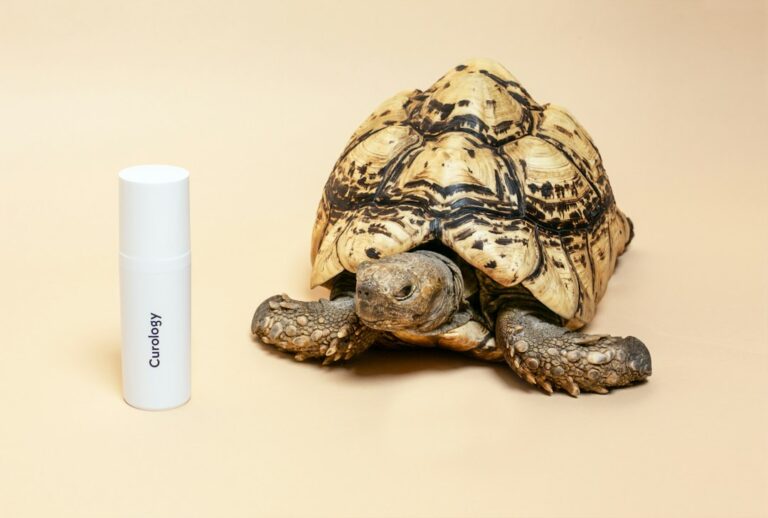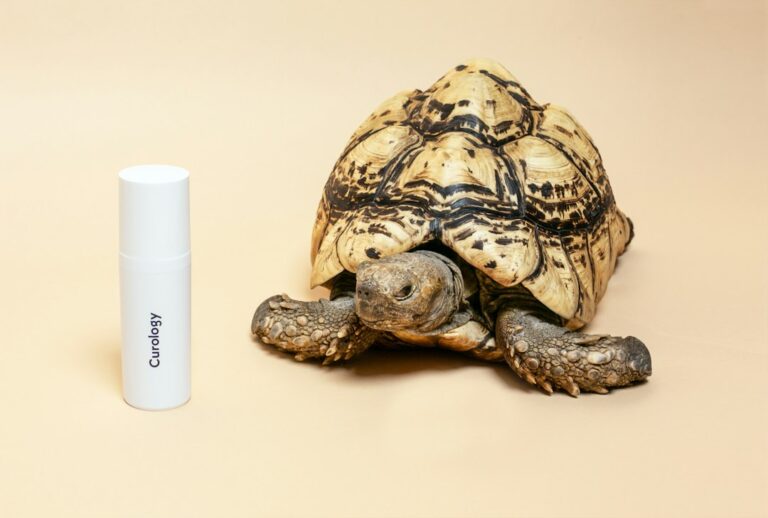Why Do Turtles Pee On You?
Turtles are fascinating creatures that have been around for millions of years. They come in various shapes and sizes, and can be found in different habitats all over the world. One peculiar behavior that some people may have encountered when interacting with turtles is their tendency to pee on humans. While this may seem strange and even unpleasant, there are reasons behind this behavior. In this article, we will explore the anatomy of turtles, the purpose of their urine, factors that trigger turtle urination, and how to avoid getting peed on by turtles.
Table of Contents
Understanding Turtle Anatomy: How Turtles Urinate
To understand why turtles pee on humans, it is important to first understand the anatomy of their urinary system. Turtles have kidneys that filter waste products from their blood, just like humans do. However, unlike humans who excrete urine through a urethra, turtles have a cloaca, which is a single opening for both excretion and reproduction.
When turtles urinate, the waste products are expelled from their cloaca along with feces and reproductive fluids. This means that when a turtle pees on a human, it is not just urine that is being released, but a combination of waste materials. The urine itself is usually clear and odorless, but the presence of other substances can give it a distinct smell.
The Purpose of Turtle Urine: Why Turtles Pee on You
Turtle urine serves an important purpose in their ecosystem. It helps maintain the balance of nutrients in their environment and contributes to the overall health of aquatic ecosystems. When turtles pee in water bodies, the nitrogen compounds in their urine can be broken down by bacteria and used as a source of nutrients by other organisms.
So why do turtles sometimes pee on humans? There are a few reasons for this behavior. One possibility is that turtles mistake humans for potential mates or rivals. During mating season, male turtles may release urine as a way to mark their territory or attract females. If a human happens to be in the vicinity, they may become an unintended target of this behavior.
Another reason turtles may pee on humans is as a defense mechanism. When turtles feel threatened or scared, they may release urine as a way to deter predators or perceived threats. This behavior is more common in wild turtles that are not accustomed to human interaction.
Factors that Trigger Turtle Urination: Temperature, Stress, and Fear
Several factors can trigger turtle urination, including temperature, stress, and fear. Turtles are ectothermic animals, which means their body temperature is regulated by their environment. When the temperature is warm, turtles tend to be more active and may have a higher metabolic rate. This can lead to increased urine production and more frequent urination.
Stress and fear can also play a role in turtle urination. When turtles are stressed or frightened, their bodies may go into a fight-or-flight response, which can result in the release of urine. This is a natural defense mechanism that helps turtles deter potential threats by making themselves less appealing or more difficult to handle.
Turtle Species that are More Likely to Pee on Humans
While all turtles have the potential to pee on humans, there are certain species that are more prone to this behavior. For example, snapping turtles are known for their aggressive nature and may release urine as a defensive mechanism when they feel threatened. Softshell turtles, on the other hand, have a unique ability to absorb water through their skin and release it as urine when they are handled or disturbed.
It is important to note that not all turtles will pee on humans, and the likelihood of this happening can vary depending on the individual turtle’s personality and past experiences with humans. Some turtles may be more accustomed to human interaction and less likely to exhibit defensive behaviors such as urination.
How to Avoid Getting Peed on by Turtles: Tips and Tricks
If you want to avoid getting peed on by turtles, there are a few tips and tricks you can follow. Firstly, it is important to approach turtles calmly and slowly, especially if they are wild or unfamiliar with human interaction. Sudden movements or loud noises can startle turtles and trigger defensive behaviors such as urination.
When handling turtles, it is best to support their body properly and avoid squeezing or restraining them too tightly. This can help reduce stress and minimize the likelihood of urination. Additionally, it is a good idea to handle turtles over a container or in an area where urine can be easily cleaned up, such as outdoors or in a bathtub.
The Health Risks of Turtle Urine: Can it Make You Sick?
While turtle urine itself is generally harmless to humans, there are potential health risks associated with coming into contact with it. One of the main concerns is the presence of bacteria in turtle urine that can cause infections if it enters the body through open wounds or mucous membranes.
Salmonella is a common bacteria found in turtle feces and urine, which can cause gastrointestinal illness in humans. It is important to wash your hands thoroughly after handling turtles or coming into contact with their urine or feces to reduce the risk of infection.
The Benefits of Turtle Urine: Its Role in Traditional Medicine and Agriculture
Despite the potential health risks, turtle urine has been used in traditional medicine and agriculture for centuries. In some cultures, turtle urine is believed to have medicinal properties and is used to treat various ailments such as skin conditions, respiratory problems, and even cancer.
In agriculture, turtle urine has been used as a natural fertilizer due to its high nitrogen content. It can help improve soil fertility and promote plant growth when used appropriately. However, it is important to note that the use of turtle urine in modern medicine and agriculture is not widely supported or scientifically proven, and there are ethical concerns surrounding the collection and use of turtle urine for these purposes.
The Ethics of Keeping Turtles as Pets: Is It Okay to Disturb Their Natural Behavior?
Keeping turtles as pets raises ethical considerations regarding their natural behavior and well-being. Turtles are wild animals that have specific needs and behaviors that may be difficult to replicate in captivity. It is important for pet owners to provide appropriate housing, diet, and environmental enrichment to ensure the health and happiness of their turtles.
When it comes to handling pet turtles, it is important to do so with care and respect for their natural behavior. Avoiding unnecessary stress or fear can help minimize the likelihood of urination and promote a positive interaction between humans and turtles.
Respecting Turtles and Their Peeing Habits
In conclusion, turtles peeing on humans may seem like a strange and unpleasant behavior, but it has reasons behind it. Understanding the anatomy of turtles, the purpose of their urine, and the factors that trigger turtle urination can help us better appreciate and respect these fascinating creatures.
While it is possible to avoid getting peed on by turtles by following certain tips and tricks, it is important to remember that this behavior is a natural defense mechanism for them. By approaching turtles calmly and handling them with care, we can minimize stress and promote a positive interaction between humans and turtles.
Lastly, it is crucial to be aware of the potential health risks associated with turtle urine and take necessary precautions to protect ourselves. Washing hands thoroughly after handling turtles or coming into contact with their urine or feces can help reduce the risk of bacterial infections.
Overall, respecting turtles and their natural behavior is key to coexisting harmoniously with these ancient creatures. By understanding and appreciating their unique characteristics, we can foster a greater sense of empathy and conservation for turtles and their habitats.
If you’re curious about the fascinating world of reptiles, you might be interested in an article titled “Why Do Turtles Dig Holes?” This informative piece explores the reasons behind turtles’ instinctual behavior of digging holes and what purposes these holes serve in their lives. From nesting to thermoregulation, this article sheds light on the intriguing habits of these slow-moving creatures. To learn more about this topic, check out the article on Reptile Friend’s website: http://reptilefriend.com/why-do-turtles-dig-holes/.






